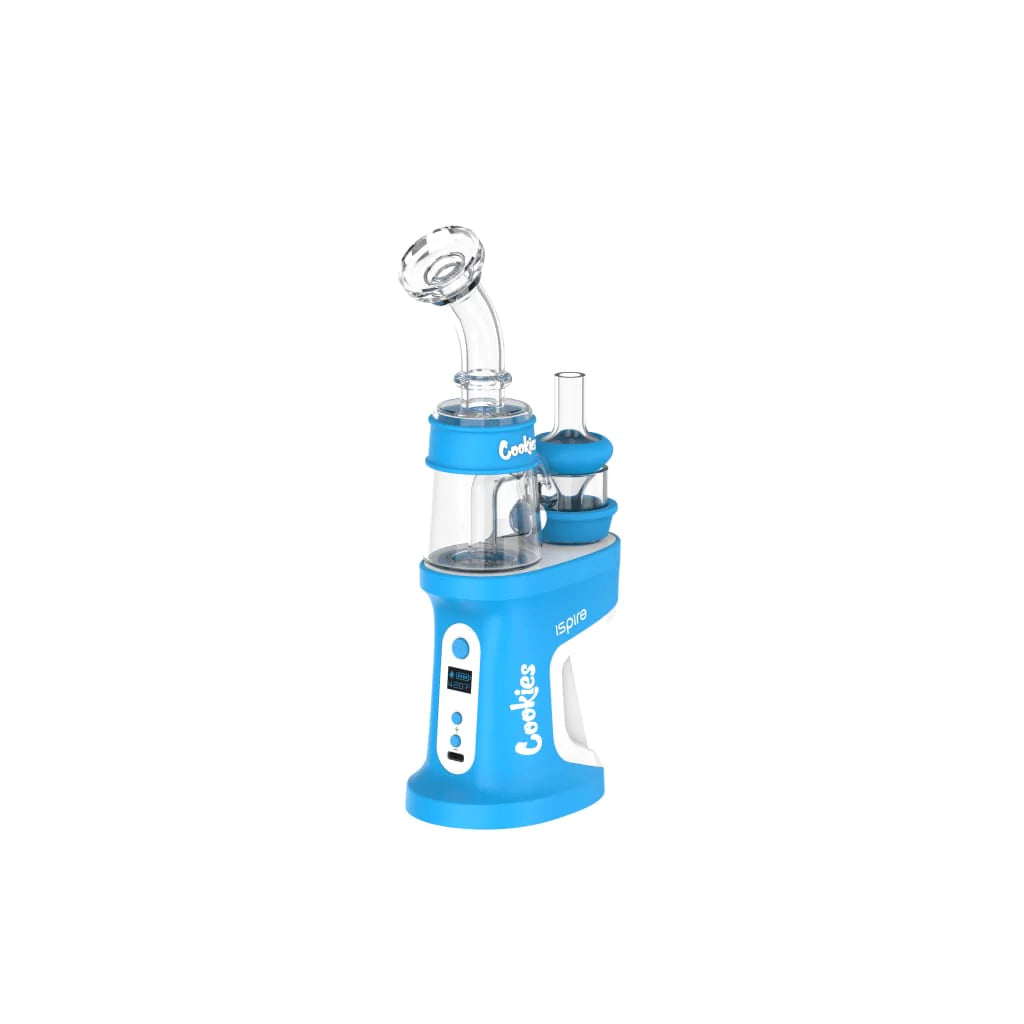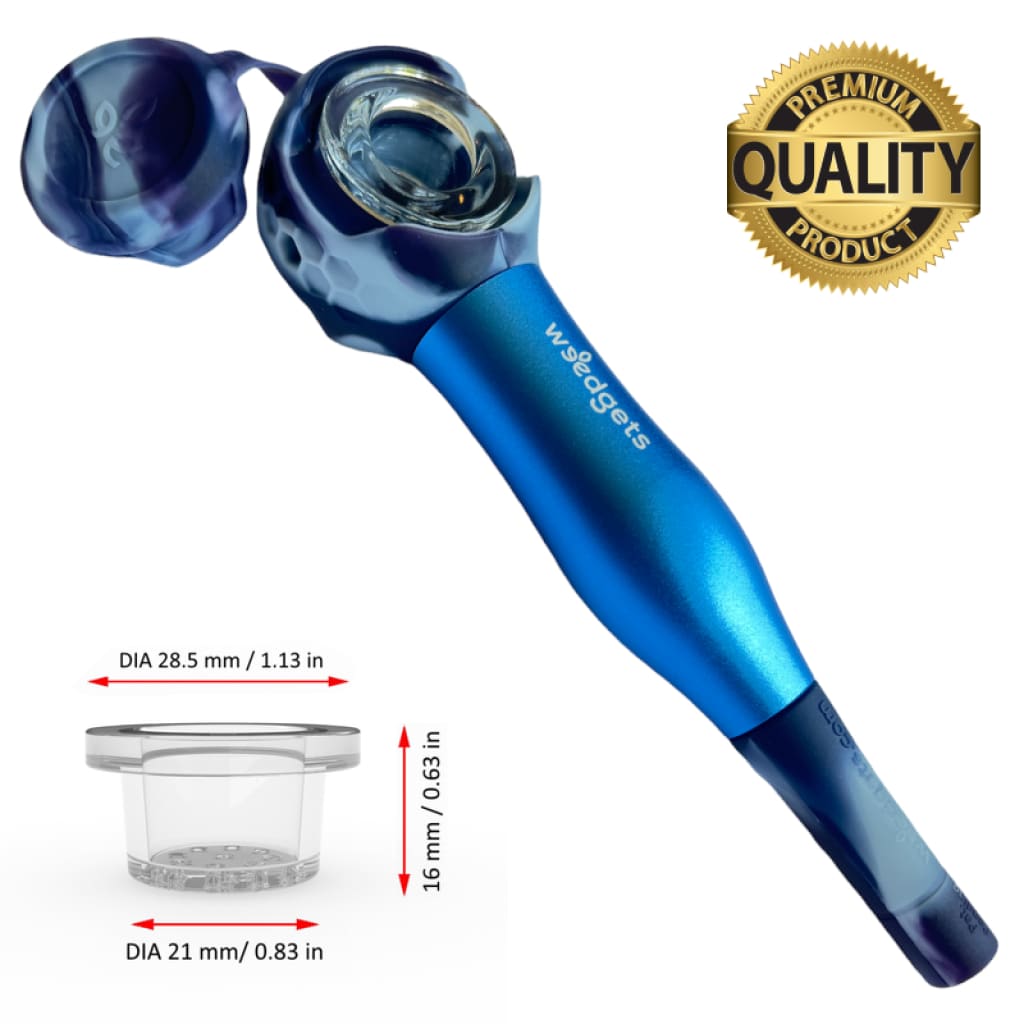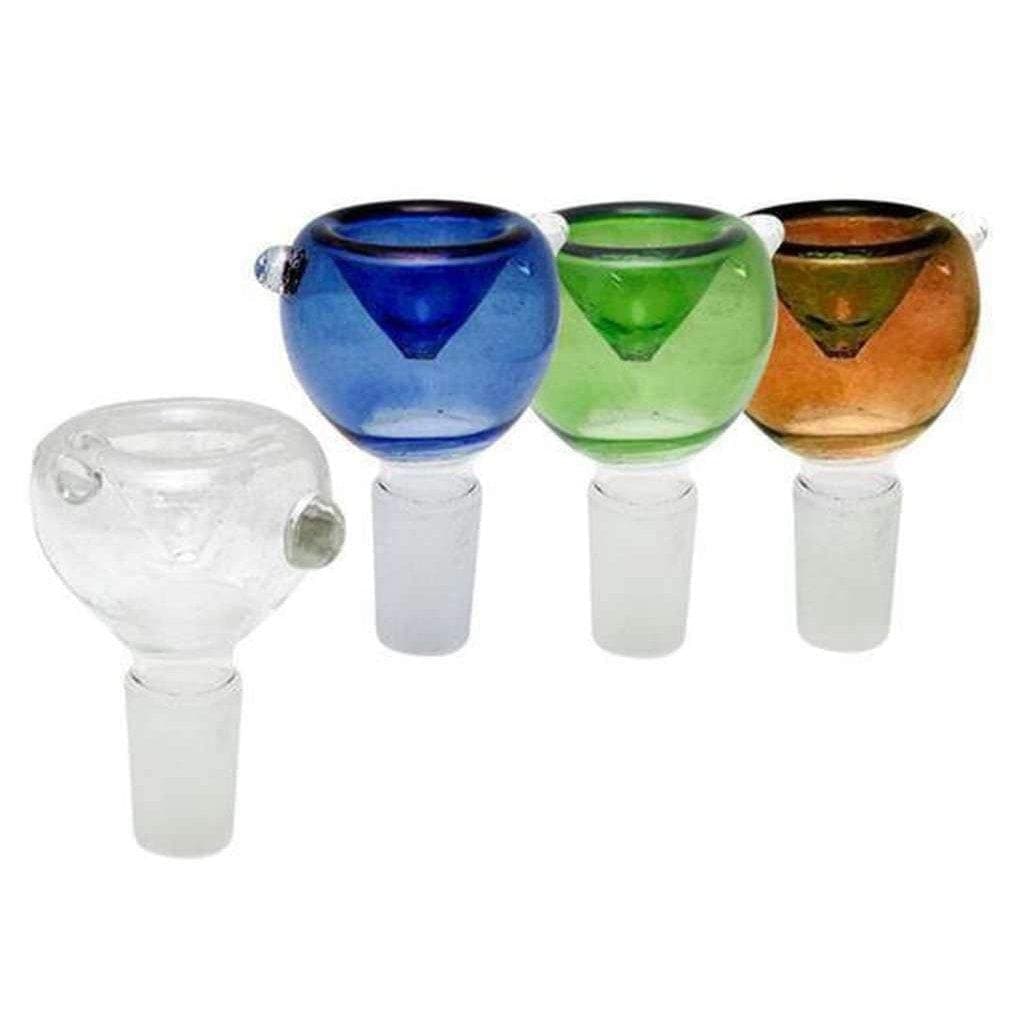Ten Things Everyone Needs To Know About Cannabis
A new poll in February of this year showed that nearly 60% of Americans believe marijuana should be legal and 93% were in favor of medical marijuana; and although the mass majority of our population is supportive it appears that 40%, as well as most of the current administration, still need to be persuaded. Attorney General, Jeff Sessions, deputy Attorney General Rod Rosenstein, and many others under the Trump administration are relying solely on antiquated beliefs and outdated research.
So, let’s take a moment to discuss some facts we have learned and quiet those who still support “Reefer Madness Era” ideology.
1. Most prescriptions are more dangerous than cannabis
Nearly 50% of our population takes prescription drugs on a daily basis. The “side effects” of cannabis pale in comparison to the side effects of many medications and even many over the counter drugs. Yet, there has never been a fatal overdose of cannabis. In fact, in a study done back in 1970, researchers concluded that there is no fatal dose marijuana, making it safer than many drugs and even alcohol.
Thus, evidence from animal studies and human case reports appears to indicate that the ratio of lethal dose to effective dose is quite large. This ratio is much more favorable than that of many other common psychoactive agents including alcohol and barbiturates. (Phillips et al. 1971, Brill et al. 1970)
2. Addiction is rare, and physical addiction is non-existent
Because of inaccurate propaganda from the War on Drugs, many believe that using marijuana will lead to an addiction. Many people use marijuana daily and quit without any problems or associated withdrawal. In fact, quitting caffeinated coffee can be just as difficult. For those that look to cannabis for medical benefit and use some form of cannabis daily, would we call them addicts for daily use if they are taking a doctor prescribed medication? No. They simply are choosing a different method of treating what ails them. Studies have also shown that marijuana is the least addictive drug with only 9% ever falling into the definition of addiction.
3. Legal cannabis IS replacing prescription medications
We live in a society where there seems to be a magical pill for nearly everything that ails us, however, most of them come with a price. The myriad of side effects that can be caused by these prescriptions is staggering, and many times patients of traditional medicine find themselves in a vicious circle… taking medications that only treat symptoms and create side effects so severe they have to take other medications to combat the side effects.
However, in states where cannabis is legal, spending totals have proven that fewer people are relying on pharmaceutical medications when cannabis is an available option. People ARE using cannabis as medicine.
4. Different strains produce different cannabinoids, thus different effects and benefits
There are different types of cannabis called “strains.” Most strains today are hybrid versions, meaning they have been cross-bred to have specific traits. Different phenotypes of the plant produce different quantities of cannabinoids, which in turn produce much different effects. Indica strains may have an overall body relaxing effect, and sativas are thought to be more energetic and uplifting. Blends of these can produce a wide range of effects.
5. Not all forms of marijuana will get you “stoned”
As if the side-effects of euphoria and joy are a bad thing, some believe we shouldn’t “enjoy” medicating. However, not all strains are created equal. Many strains today have been bred so they have very minimal amounts of THC, and much higher amounts of CBD, the non-psychoactive cannabinoid. These strains have been miraculous in the treatment of pediatric epilepsy and multiple sclerosis.
6. You don’t have to inhale
Most medical cannabis patients and many recreational users are not just simply walking around smoking joints all day long. Many types of cannabis are available that don’t require smoking anything. Edibles are delicious food products made with THC-infused oils, butters, and honey. Tinctures are drops absorbed sublingually under the user’s tongue. Simply stated inhaling is not a requirement of enjoying the benefits of cannabis.
7. Topicals infused with cannabinoids cannot get you high
In states where cannabis is still illegal, simple possession of a cannabis-infused cream or lotion could land you on the wrong side of the legal system despite the fact it is impossible to actually get high off of them. These lotions, creams, and salves can be applied to the skin localized treatment and pain relief. Arthritis patients, seniors and athletes are finding a great deal of relief from topically applied cannabis products.
8. Cannabis does NOT kill brain cells
Old stereotypes would have you believe the slow, dumb, unmotivated hippie smoked himself into the ozone through too much use of marijuana. However, now researchers are finding the opposite to be true, especially in older adults. Low-doses of THC actually helped old mice regrow neurons and improved their overall cognitive function in profound ways. Cannabis could be the key to preventing dementia as we age.
9. Despite the munchies, marijuana will not make you fat
The munchies are on the most widely discussed side effects of consuming cannabis. Studies have shown that people who consume cannabis do consume about 600 calories more than non-users on a daily basis. However, cannabis users also have also been found to have lower BMI’s than non-users. Cannabis has been considered a treatment for anorexia and chronic wasting of diseases such as AIDS and cancer for decades because of this appetite stimulating feature. However, new studies are starting to suggest that regular use of cannabis may actually help your own endocannabinoid system gain homeostasis within your body, thus decreasing the appetite in those who are overweight, while increasing the appetite of those who are underweight, and further assisting to maintain a healthy weight.
10. Cannabis IS a gateway drug
Experts have told us for years that cannabis is a gateway drug that will lead to your eventual demise. However, experience is showing us that cannabis really IS a gateway drug… a gateway to health, a gateway to less disease, and a gateway to happiness.








